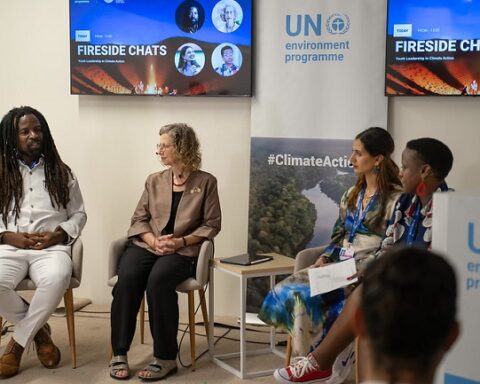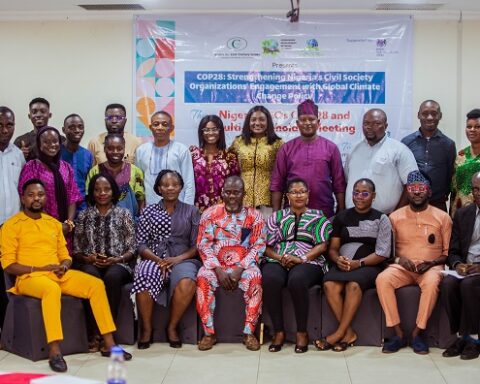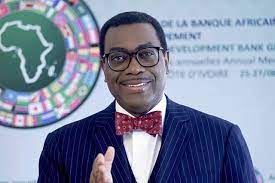No fewer than 10 Multilateral Development Banks (MDBs) have committed to greater collaboration to catalyze financing and boost climate action, as the World Bank and IMF annual meetings ended in Marrakech, Morocco, on Sunday, October 15, 2023.
The banks are the African Development Bank, Asian Development Bank, Asian Infrastructure Investment Bank, Council of Europe Development Bank, European Bank for Reconstruction and Development, European Investment Bank, Inter-American Development Bank, Islamic Development Bank, New Development Bank, and the World Bank Group.
In a joint statement, the MDBs declared that they would continue their collaboration in the implementation of their joint approach to align financing flows with the goals of the Paris Agreement on Climate Change.
Ajay Banga, the World Bank president, had set the tone for this partnership during his earlier address when he said that the World Bank was “working alongside MDBs to coordinate global action, catalyze change and multiply impact”.
The MDBs stated: “We are working to enhance our approaches to tracking and reporting climate outcomes while continuing to jointly report our climate finance commitments.
“As we set ourselves for a successful COP28, we will pursue the launch of several activities and initiatives, including a joint MDB facility to support clients’ Long-Term Strategies (LTS),”.
Another key highlight from the World Bank and IMF meetings entailed the World Bank governors’ endorsement of the Bank’s new vision where the Bank will strive for “a world free of poverty on a liveable planet” which was a bid by the World Bank to boost its climate finance.
New, ambitious reforms were also endorsed by the 25-member development committee which would lead to more investments in climate action and sustainable development, it was gathered.
Additionally, sub-Saharan Africa has secured a third seat on the IMF’s executive board, making its position stronger. The Vulnerable 20 group of countries (V20) may also be recognized as a new group within the IMF, alongside the G7, G20, and G24, giving climate-vulnerable countries more say in the IMF processes.
Also, The IMF released its World Economic Outlook report which shows that the global economy would slow from 3.5% in 2022 to 3% in 2023 and 2.9% in 2024. This is well below the historical (2000-19) average of 3.8 percent and developing and emerging countries have been hardest hit.
The report showed that commodity prices, including for critical minerals, could become more volatile amid climate and geopolitical shocks which could pose macroeconomic risks, including to the climate transition.
By Dare Akogun








